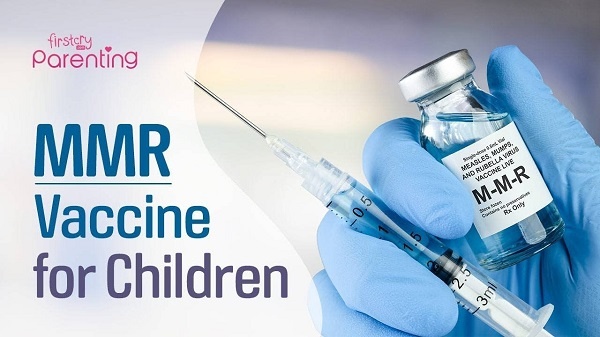
There are significant obstacles to increasing measles vaccination rates in Ethiopia. The country is facing conflict, inflation, drought, and other issues.
(CDC Foundation) – Measles is a serious and growing health threat with large and disruptive outbreaks occurring in every region of the world. Young children are especially vulnerable to measles infection and its complications which can include blindness, encephalitis, severe respiratory infections, and death.
While the measles vaccine has proven to be highly effective at preventing the spread of the disease, gaps in vaccine coverage fueled global surges in cases in 2018 and 2019. The situation worsened when the COVID-19 pandemic disrupted health systems around the world. The World Health Organization (WHO) and the Centers for Disease Control and Prevention (CDC) recently announced that a staggering 61 million measles vaccine doses were postponed or missed in 2021 alone due to COVID-19-related delays in immunization campaigns.
Today, Ethiopia has the third highest number of cases associated with measles outbreaks and according to a 2022 UNICEF report, there are an estimated 1.13 million children who are not fully protected by measles vaccines. Ethiopia’s Ministry of Health (MOH) is working to increase immunization and recently conducted a nationwide measles vaccine campaign to try to reach millions of children under five years old.
Since 2019, the CDC Foundation and CDC have supported the MOH’s measles vaccination efforts in Oromia, the most populated region of Ethiopia, with funding from Gavi, the Vaccine Alliance—an international organization created to improve access to new and underused vaccines for children living in low and middle-income countries. Through our ongoing partnership with Gavi, CDC Foundation has provided technical assistance to immunization programs in 19 different countries across Asia, Africa, and the Americas.
There are significant obstacles to increasing vaccination rates in Ethiopia. The country is facing conflict, inflation, drought, and other issues. Conflict in particular continues to have a devastating effect on the health systems and the people. “Where we have persistent conflict, especially in the western part of Oromia and southeastern part of the region, some facilities are closed and damaged, and they are not able to conduct routine immunization sessions,” said Abyot Woyessa, MPH, CDC-Foundation technical consultant working with CDC’s Global Immunization Division and the Oromia Regional Health Bureau (ORHB). “In the recent measles immunization campaign, we could not provide doses to a dozen districts because of the ongoing conflict. It is very difficult to transport measles vaccines and vaccine supplies, and the health care providers are sometimes fearful of the conflict.”
Many children in these conflict zones have limited access to basic health care, including routine immunization. Many more children in Oromia are left unprotected because they do not receive both a first and second dose of measles vaccine. In 2021, ORHB, the MOH and CDC conducted a study across selected districts of the Oromia region that showed that the dropout rate between the first and second dose of the measles vaccine is approximately 46%. Addressing these gaps in immunization is especially urgent because the country has been experiencing a prolonged drought that has caused widespread malnutrition. “Once an already malnourished child is infected with measles, the probability of them developing complications is very high,” Abyot Woyessa said. “To avert this kind of risk, especially from measles, we need to establish greater immunity within the population through a catch-up vaccination program.”
With support from CDC Foundation and CDC, ORHB has started using new MOH guidelines to train health care workers to administer “catch up” vaccines to children who were not immunized at the recommended age.
Continue reading this story on CDC Foundation
